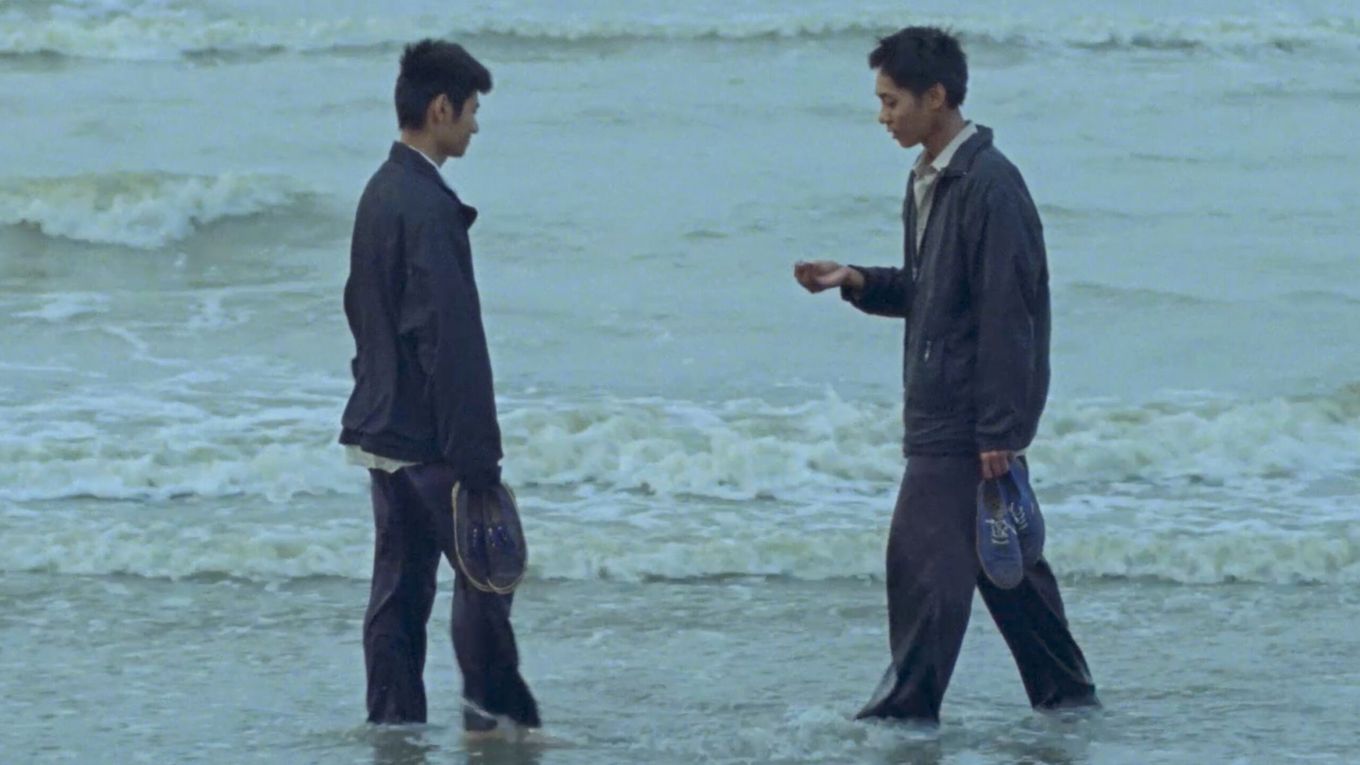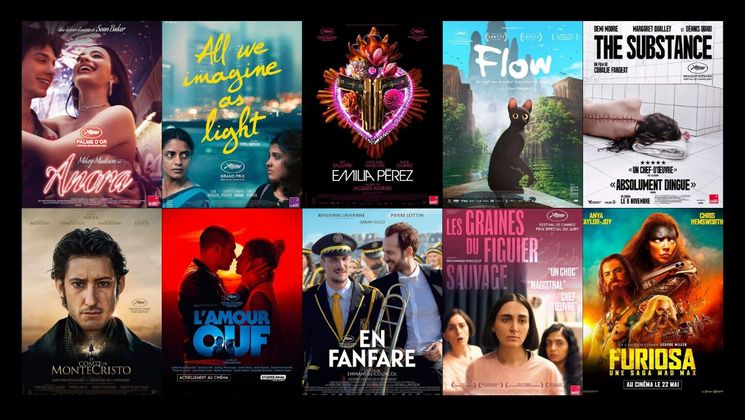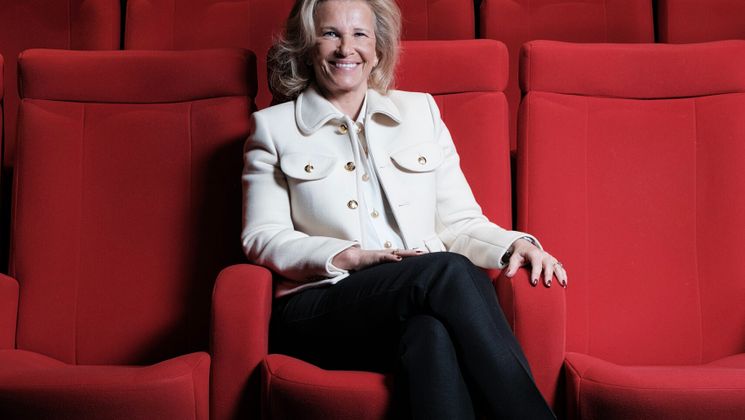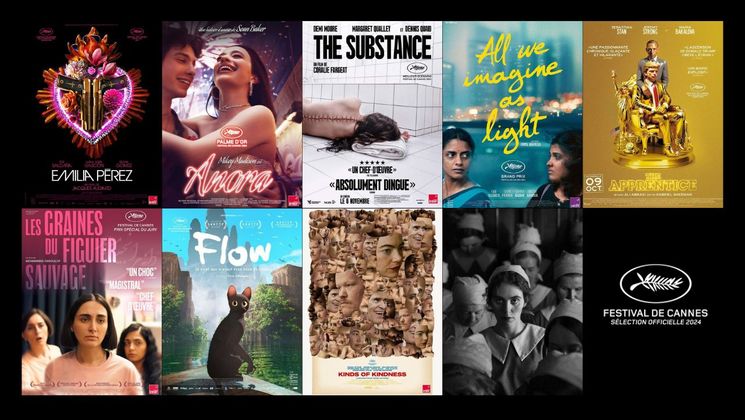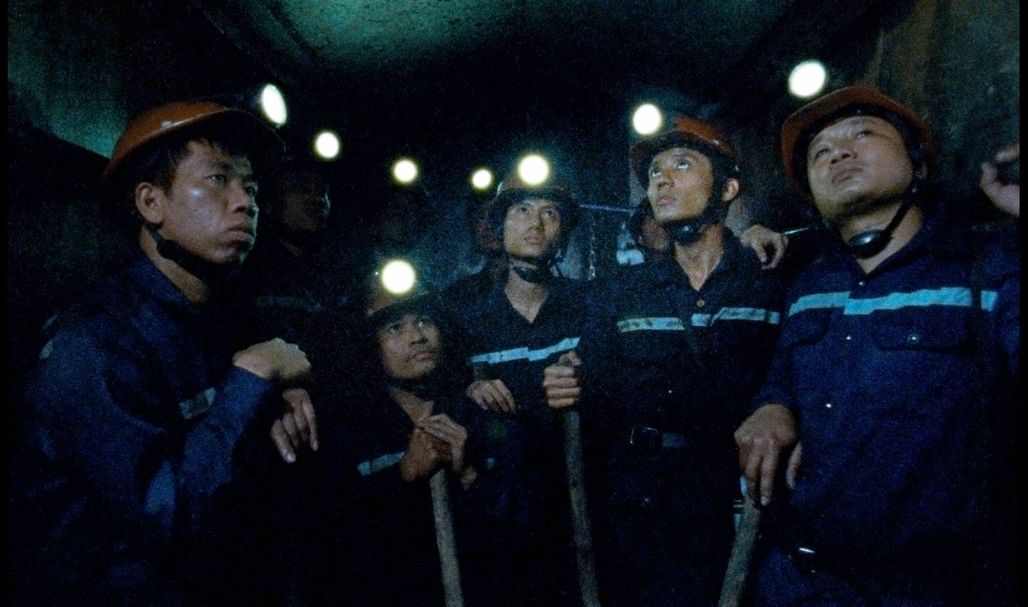
Việt And Nam as seen by Minh Quý Trương

The Festival supports new generations of filmmakers from across the world. One example is Minh Quý Trương who in 2022, thanks to the Cinéfondation’s Atelier initiative, was able to develop Việt And Nam, one of the films named in this year’s Un Certain Regard section. In this film, the director takes us 1000 meters underground, where two miners’ see their love for one another tested by the threat of exile.
What inspired you to begin work on this film?
It was at the end of 2019 after moving from Vietnam to France that I started to jot down the first ideas for Việt and Nam. Perhaps the long and lonely continental winter I first experienced during the time ignited a yearning in me to make a film about homeleaving. The physical distance between me and my home was gradually filled with different stories of the country’s realities, memories and mythical imaginations, all those that have been transported into the film in various ways. Perhaps writing this film was a way for me to be back at home in thoughts. And in thoughts, at times, I drifted to open wound.
Please describe your working method and the atmosphere on set.
During location scouting and casting, I try to be receptive as much as possible. That is the time I will adapt the film script to realistic possibilities. For example, for this film’s locations, I tried finding places that already had their own living history, colors, textures, etc., and I would adapt the mise-en-scène to organically fit the places. Doing so, it is also economic. We filmed Việt and Nam on Super 16mm film; while there was a tiny, low-resolution monitor, it couldn’t be used for playback. So, most of the time, the crew set up the scenes judging solely by eye, which was a new experience for most of them, especially the arts team. The working rhythm was quite calm, with many rehearsals. Such a working rhythm was also due to the fact that the cast were non-professionals, and it took time to gradually peel off their stiffness and shyness. I feel that a film’s shooting has been actually defined during pre-production, before the camera officially rolls; it’s like a love relationship that has actually begun before the two people even meet each other. That’s why I find this period of time so free, daring yet risky and tricky at the same time.
Please share a few words about your actors.
Almost all of the cast had never acted in a film before Việt and Nam. They were incredibly patient with me and the filmmaking process. Many of them underwent various trainings and practices for several months. Lê Viết Tụng, who played the veteran, is a real veteran who lost his arm in battle. He has an artistic nature that made it very easy for him to be in front of the camera, seemingly without acting.
What would you like people to remember from your film?
Rising throughout the film is a poignant feeling, the kind that fills our heart when, on the last day, we face saying goodbye to a place or a person that we love or don’t love. With the last-day feeling, a thin ray of sunlight on a dusty wall radiates an unbearable melancholy. With the last-day feeling, a casual look becomes a longing gaze. With this film, I would like to take the audience on a deeper dive into the complexity of the human soul where we could feel and listen to the faint vibrations of an unspoken spirit: being there, in the immense sea, we strongly feel that at the heart of the force to leave lies the aspiration to return. To return to see home anew, and to say: “Mom, I’m home.”
What did you learn during the course of making this film?
Like the title of Fassbinder’s film, Fear Eats the Soul, I’ve learned during the course of making this film that fear and anxiety are so condensed and constant in filmmaking that they’re taken for granted as natural elements of the process; yet, silently they undermine our decisions, sometimes blinding us from seeing the obvious. I guess the challenge is to free our souls from the fears that are already present in our daily lives but only become more pronounced due to the peculiar nature of filmmaking.
